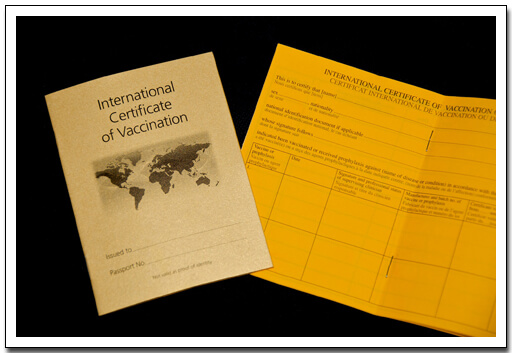Computers have undoubtedly changed the world, although often not in the ways people initially imagined. IBM for example confidently predicted a world where computers would be better than humans in numerous ways. Their famous Deep Blue computer finally best chess champion Garry Kasparov in 1997, although that game was far from without controversy as there was human intervention between games, and IBM declined Kasparov’s demand for a rematch, retiring the machine.
While Deep Blue has become a matter of legend, another IBM creation, computer 701 has been quietly forgotten. Sixty years ago this year, IBM used 701 to translate sentences from Russian to English. This promptly led to headlines suggesting that human translators would soon be surplus to requirements. Without wishing to detract from the significance of IBM’s achievement, neither they nor any of the many companies now offering machine translation, not even Google, have come close to replacing humans. It’s also worth noting, that Google Translate has had a huge degree of input from humans. While, in fairness, it’s probably helped many a lost backpacker read local signs, it’s unlikely that any respectable company would use it for any significant piece of translation.
Machine translation is largely based on statistical matches and as any good statistician would admit, statistics don’t always tell the whole story. A NAATI-accredited translator offering a certified translation service will look at a piece of text in context. A Chinese NAATI translator for example will be familiar both with Chinese culture and the culture of the target language country. This means that they can deal both with the translatable and the untranslatable, words and broader concepts that simply do not exist in the target language. This may mean creating a piece of text where they are explained as no direct translation is possible.



